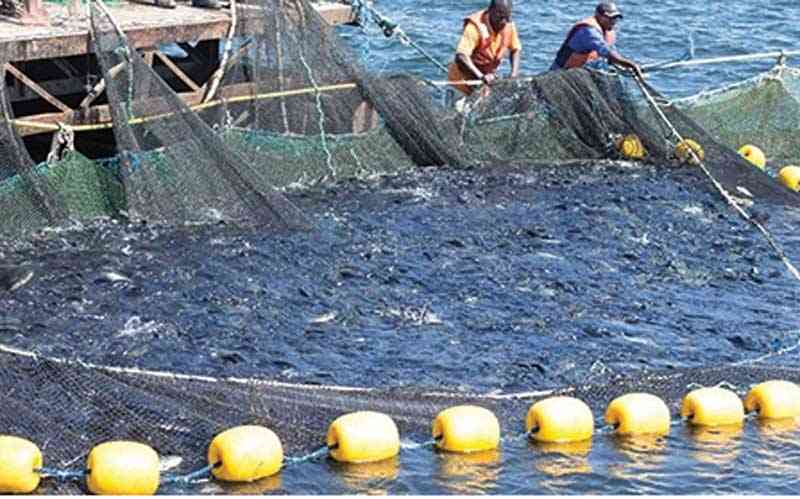
Kevin Mazorodze in Zimbabwe
Food Agricultural Organisation Fish production at Lake Kariba and the Zambezi River has been on the decline
in Zimbabwe since the 1990s.
The lake ecosystem is sensitive to volatile environmental conditions such as droughts. Lack of an effective management system has directly affected the livelihoods of small scale fisheries (SSF).
Given the vital socio-economic importance of the fisheries of Lake Kariba, there is need to enhance the resilience in sustainability of small scale fisheries.
The Food and Agriculture Organization of the United Nations (FAO) in partnership with the Government through
the Ministry of Environment, Climate, Tourism and Hospitality Industry (MECTHI) today launched a two-year technical cooperation programme (TCP).
The main objective of the TCP is to enhance community resilience and sustainability of small-scale fisheries of Lake Kariba and the Zambezi River.
The launch which took place in Kariba was attended by key stakeholders in the fisheries and aquaculture industry including senior government officials, development partners, fish producers, retailers and NGOs.
The launch was officially opened by Mr Munesu Munodawafa, Permanent Secretary in MECTHI.
“This project is very important in that it will address poverty reduction right at the grassroots level through the concept of local economic development wherein local people’s participation and convergence of efforts will be made to happen,” said Mr Munodawafa is his keynote address at the launch of the project.
FAO in consultation with the MECTHI and strategic stakeholders in the fisheries sector will facilitate the resuscitation
of co-management structures and other activities that enhance resilience of SSF.
This project takes a co-management approach to improve the efficiency and effectiveness of management processes, with enhanced fishing community participation.
“Small-scale fisheries globally face many challenges that render them vulnerable to global climatic and socio-economic changes. Enhancing sustainability of small scale fisheries is necessary for improving fisheries management and also improving availability of fish for food security and economic growth,” said Louis Muhigirwa, FAO Deputy Representative to Zimbabwe in a keynote speech on behalf of FAO Sub-regional Coordinator for Southern Africa, Patrice Talla.
The project will involve the fisher community in an evaluation of the constraints and difficulties encountered in the functioning of previous associative initiatives, and assist in planning the way forward.
“As fishermen, we should embrace the co-management niche of this project which will ultimately improve our livelihoods through our small scale fishing endeavours especially in view of the COVID-19 pandemic,” said Tichaona Manzungu, Chairperson of the Gache Gache Fishers Association in Kariba.
The project conducted a base line survey to understand the status and challenges in the small scale fisheries in Lake Kariba. The survey was presented to the residents including the chiefs who validated the findings of the survey.
The co-management structures are going to be resuscitated before training programmes on fish-handling and fish hygiene, and marketing are rolled out.
A project management plan is going to be developed embracing the concerns raised by the fishers and the leadership
of the area A package of activities are lined up for the next two years to address a number of important components that contribute input to a fisheries management based on the ecosystem approach to fisheries in Lake Kariba and the Zambezi
River.









